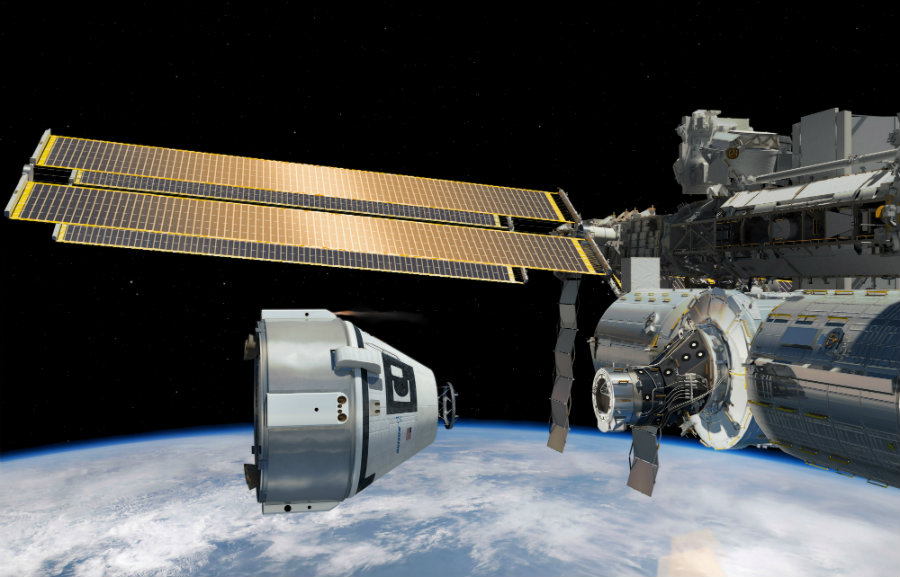The National Aeronautics and Space Administration (NASA) is planning to hand over the International Space Station (ISS) to a private corporation after 15 years as a pure research lab.
NASA Deputy Associate Administrator Bill Hill revealed what the agency wants to do with the ISS once astronauts have taken off. The funding for the space station will not be extended beyond 2024 because NASA will leave low-Earth orbit to go to the moon, Mars and far, far away galaxies.
Instead of deorbiting the ISS to sink it into the ocean or sell it piece by piece, the space agency is now open to ideas from private enterprise on how the orbiting laboratory should continue to work.


NASA’s desire is to hand the space station over to either a private entity for commercial purposes only or other company that can keep up research. The move is another step from the United States towards the development of a market in space.
Last month, the agency said in a blog post that commercial companies are always approaching NASA to use the ISS in new ways never imagined. In consequence, they have requested for information (RFI) to determine private sector interest and its capability of economic development in low-Earth orbit.
NASA has received 11 submissions
As of now, Orbital ATK is the only company to have confirmed it had submitted information without giving any further details. The aerospace manufacturer has a NASA contract to ferry supplies to the ISS.


Boeing and Space Exploration Technologies, which also work with NASA, declined to comment. The former has a five-year, $1.2 billion deal through 2020 with the ISS. Boeing provides primary structural hardware to the space station.
However, NASA spokeswoman Tabatha Thompson, through an email, emphasized that NASA is only looking to gather ideas on operating models, contract structures, and other business plans for ISS commercial efforts.
The RFI included in the post said that for the time being, the space agency doesn’t have the budget nor intends to support any of the proposed projects or make them public.
NASA was initially reluctant to private initiatives
Frank Culbertson Jr., president of Orbital ATK’s Space Systems Group and a former NASA astronaut, said the ISS was the latest example of government-funded technologies are migrating to the private sector.
Back in 2001, NASA didn’t even want space tourism on the ISS. The space agency initially resisted training American multimillionaire Dennis Tito, the first man to pay for his passage to the ISS.
Source: Bloomberg

